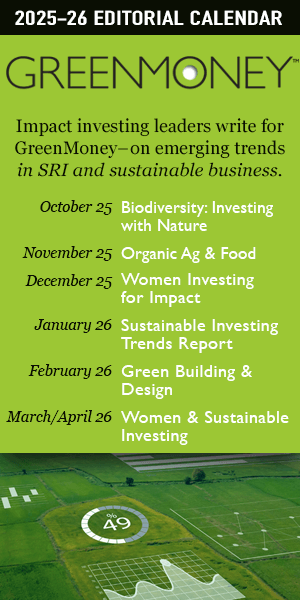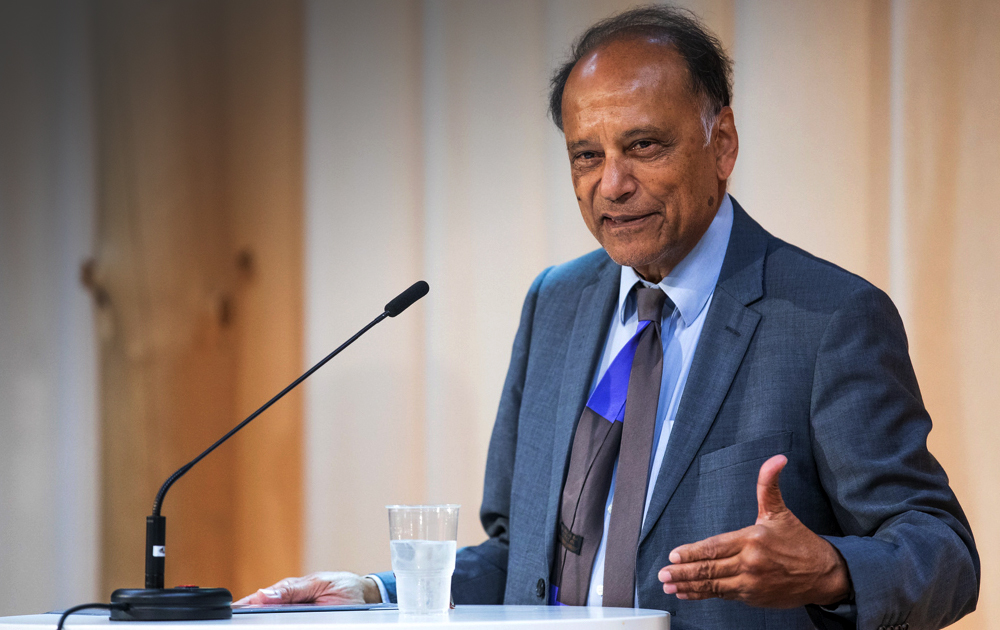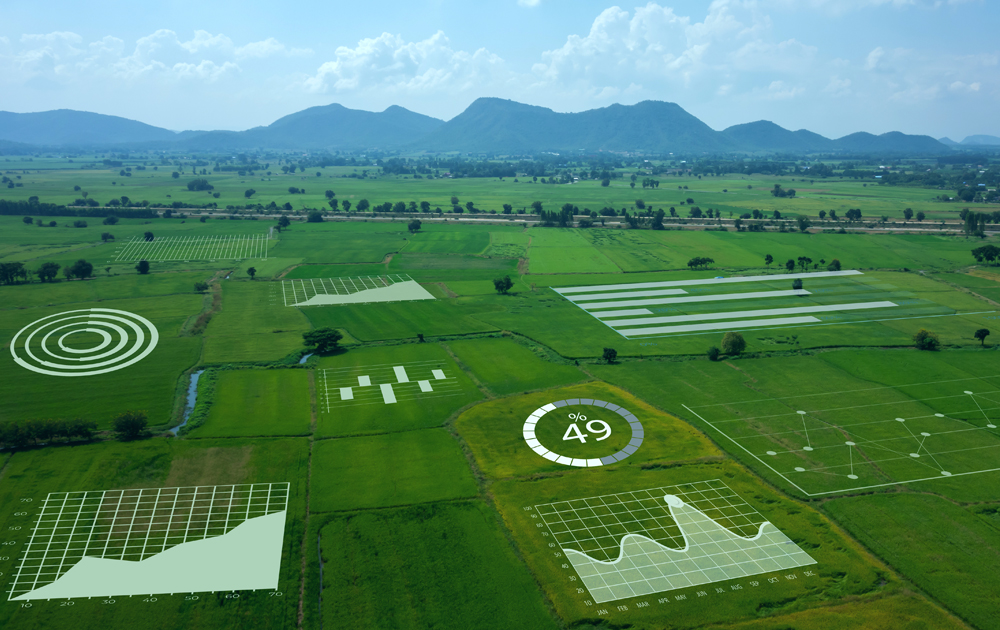By Marc Choyt, Reflective Images
In May of this year I had the opportunity visit some small-scale gold miners in Tanzania that are seeking fair trade certification. The trip was sponsored by Fair Trade International, funded by a grant from the UK charity, Comic Relief. On site, I met with colleagues in from England and Africa, who have been working hard over the past two years to build an understanding of standards at the mine. Part of the purpose of the visit was also to bring jewelers and miners together to discuss what was needed to bring fairtrade gold to market.
First, a bit of background on small scale gold mining. Small scale mining produces as much 25% of the world’s gold supply. The image below is typical of what you’d see at one of these mines in Tanzania—a mix of people around water, dirt, diesel and machinery.
In the developing world, small scale gold mining is subsistence based, almost always illegal, unregulated, and extremely toxic. A small-scale gold mine can look like destroyed river banks or patches of toxic tailings in the middle of a rainforest. Sometimes it is done part time, to supplement or substitute for agricultural work. Almost universally, it is considered huge problem in the developing world. Annually, small scale gold mine spills 1400 metric tons of mercury into the environment– mercury is, one of the most dangerous of all neuro-toxins.
Fair Trade gold works with small producers. What is considered small versus medium or large is not yet clearly defined. One benefit of small scale mining is that it employees a lot of people. Worldwide, 60% of the gold is produced by large mining companies that might pay a small royalty to a government and export the gold out. Large scale mining employees about 700,000 people. Worldwide, small scale gold mining is done by 25 million people. This potentially could be a huge amount of money entering the local economies in producer communities.
Fair trade succeeds in transforming small scale gold miners from a resource curse into in an environmentally responsible business initiative that alleviates poverty. The operations I saw employed forty to sixty people. They might produce between three quarters of a kilo and a kilo of gold a month. Fair trade gold is not charity. Fair trade provides a certification structure and credibility that allows fair business between empowered producers and ethical international business people.
















